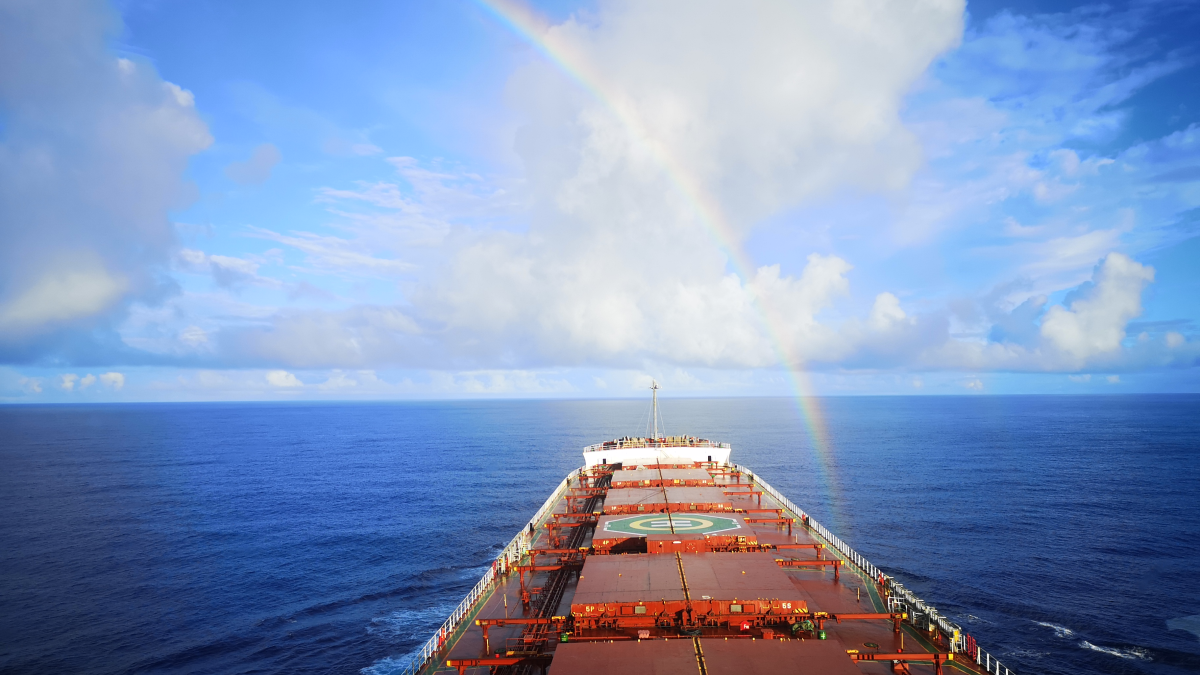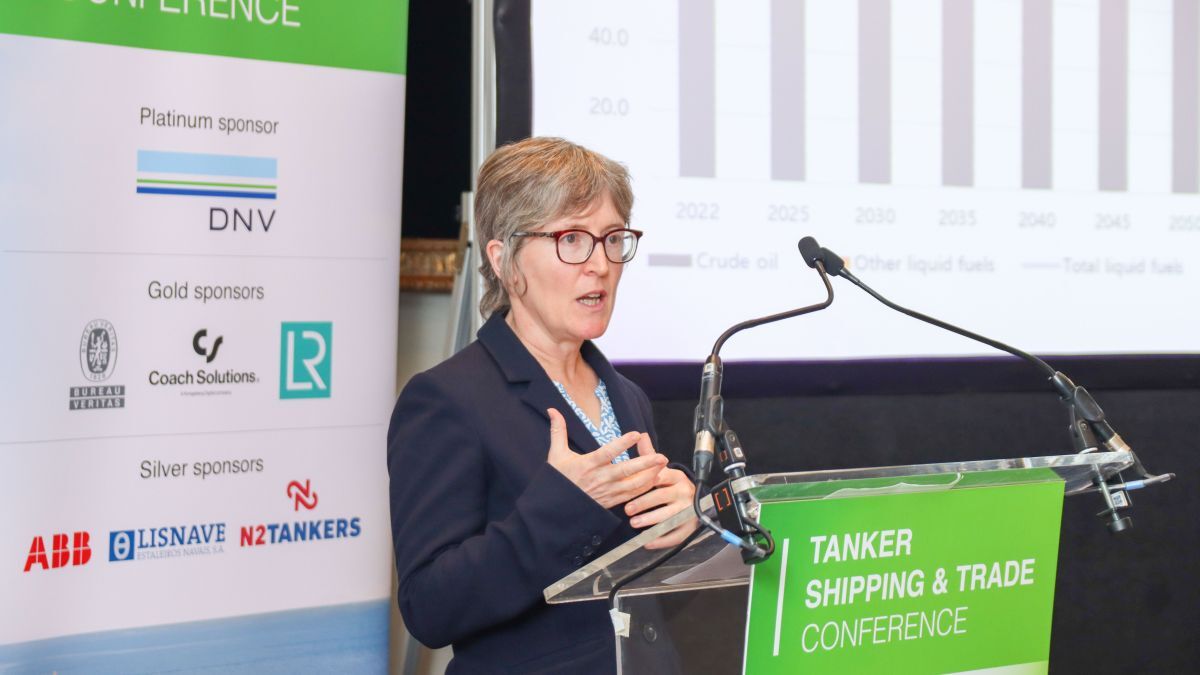Business Sectors
Events
Contents
Register to read more articles.
Butterflies and avalanches: did the sulphur cap bolster global heating?
A new study suggests that shipping’s transition to the much-vaunted IMO sulphur cap has actually increased global heating
For all the millions invested in scrubbers, monitoring tools and, let’s be honest, marketing strategies, it appears the sulphur cap may actually have contributed to an increase in global heating, at least in the short term.
This upending of expectations is a key finding from a May 2024 study, published in the journal Communications Earth & Environment and titled Abrupt reduction in shipping emission as an inadvertent geoengineering termination shock produces substantial radiative warming.
The report focuses on the short-term impact of reducing the sulphur content of maritime fuels, but there is an unspoken warning implicit in its content that highlights how difficult it can be to predict clear outcomes in a dynamic, global ecosystem.
Introduced by IMO in January 2020 and commonly referred to as the ‘sulphur cap’, IMO 2020 placed significant limits on the sulphur content of fuel oil to be used in shipping, reducing it from 3.5% to 0.5%. The intended benefits were obvious: slash sulphur oxide emissions, reduce harmful pollutants and bolster the sector’s environmental pedigree at a time when it was, and continues to be, a focal point of green activism.
So far so good; IMO 2020 came into effect on 1 January 2020 to a generally warm reception and instances on non-compliant fuels have, to date, been fairly low.
“While IMO 2020 is intended to benefit public health, this decrease in aerosols can temporarily accelerate global warming”
However, in a cruel twist of fate, it appears that all that hard work served only to increase global warming because the pollution caused by shipping was actually deflecting the sun’s heat and helping cool the oceans.
“While IMO 2020 is intended to benefit public health by decreasing aerosol loading, this decrease in aerosols can temporarily accelerate global warming by dimming clouds across the global oceans,” reads the study.
This is due to the unanticipated impact that reducing shipping’s emissions had on what the study refers to as ‘marine cloud brightening’ (MCB).
“MCB is a type of solar radiation modification scheme where marine low clouds are seeded with aerosols to become brighter,” explains the study. “The addition of aerosols from ship emissions results in more cloud droplets, leading to more reflective clouds for a given amount of total in-cloud liquid water.”
More reflective clouds ultimately reduce global heating, so removing these pollutants from the atmosphere has rather back-fired, at least in the short term.
However, it is important to stress that neither the study, nor the scientific community in general is calling for a return of sulphur-heavy fuels.
Quoted in the UK’s Guardian newspaper, Dr Zeke Hausfather, from analysts Carbon Brief, said: “[Pollution particles] are one of the largest uncertainties in the climate system, and pretty hard to measure.” Noted Dr Hausfather: “The [pollution cut from shipping emissions] is certainly a contributing factor to the recent warmth, but it only goes a small way toward explaining the 0.3°C, 0.4°C, and 0.5°C margins of monthly records set in the second half of 2023.”
So there remains some debate as to whether, as the report advises, “The IMO 2020 effect … contributes to a strong temporary increase to the planetary heat uptake through cloud dimming.”
But no such doubt remains as regards the importance of reducing shipping’s emissions across the board to ensure it meets IMO’s latest emissions-reduction targets and, ultimately, achieves its much-chanted mantra of ‘decarbonisation’.
And while the debate about future fuels and legislation continues, it may be that one of the key takeaways from this topical new study is to emphasise just how difficult it can be to interpret and anticipate the impact that relatively small changes can have on a global climate system.
Related to this Story
Events
Maritime Environmental Protection Webinar Week
Cyber & Vessel Security Webinar Week
The illusion of safety: what we're getting wrong about crews, tech, and fatigue
Responsible Ship Recycling Forum 2025
© 2024 Riviera Maritime Media Ltd.














